In 1938, in a small town in Upper Austria, one of the many Nazi concentration camps was constructed. It was known as the Mauthausen concentration camp. It existed from 1938 to 1945. The camp was run and guarded by the SS. The people who were imprisoned here came from many countries in Europe: Poland, Russia, France, Italy, Germany, Austria and others. They were political opponents, belonged to marginalised groups (e.g. ‘criminals’, ‘asocials’) or were persecuted for anti-Semitic and racist reasons (e.g. Jews). Most of the prisoners were men, but there were also women and children. In the Mauthausen quarry, the prisoners carried out hard forced labour.
In the more than 40 subcamps (Gusen, Steyr, Linz, Ebensee, Vienna ...), they were deployed in the arms industry. People lived in overcrowded accommodation. They were not given enough food and clothing, and they starved and died of diseases. SS men beat many prisoners to death, shot them or murdered them in the gas chamber at Mauthausen. In total, almost 200,000 people were imprisoned at Mauthausen and its subcamps. Half of them lost their lives.
The Mauthausen concentration camp was on a hill and could be seen for miles around. Many people were involved with the camp: they worked there, brought deliveries or knew SS men. Almost everyone knew about the death camp. Often, the SS men committed the crimes in full view of the population. On 5 May 1945, the Mauthausen concentration camp was liberated by US troops.
Here you will read the story of a person who was connected with the Mauthausen concentration camp.
Pavel Kovela
Text: Oksana Dmytruk Kolarik – Illustration: Natalie Sandner
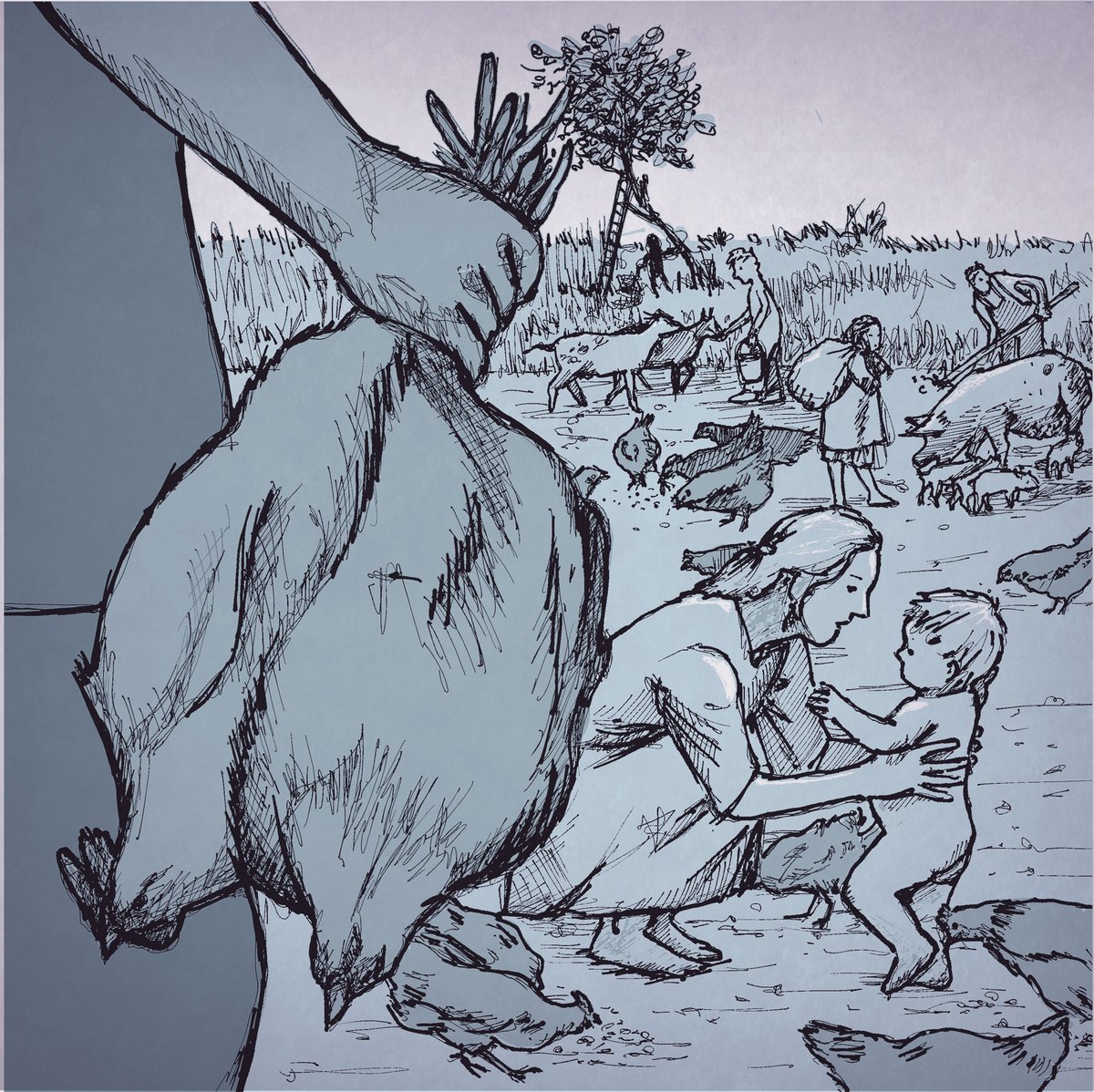
Like so many, Olga Kovela and her husband fled from Ukraine to Germany in the spring of 2022 to escape the Russian war of aggression. Their journey takes them to the Mauthausen Memorial on 7 May 2022. Olga Kovela is the granddaughter of former Ukrainian inmate and prisoner of war Pavel Kovela. For the first time, she is visiting the site where her grandfather is believed to have died 77 years earlier.
Pavel Mikhailovich Kovela is born in 1902 in the now Polish village of Wólka Łosiniecka in the Tsarist Russia. He is the youngest child in a large farming family. In 1909, Kovela’s impoverished father sends his eight-year-old son to work as a shepherd in the neighbouring village. When Pavel Kovela is twelve years old, the First World War breaks out. In 1915, the family has to leave their house because of the war. Pavel and one of his sisters arrive in the city of Merv in Turkmenistan. There, the two live in a home for refugee children because their father has died, and their mother is ill.
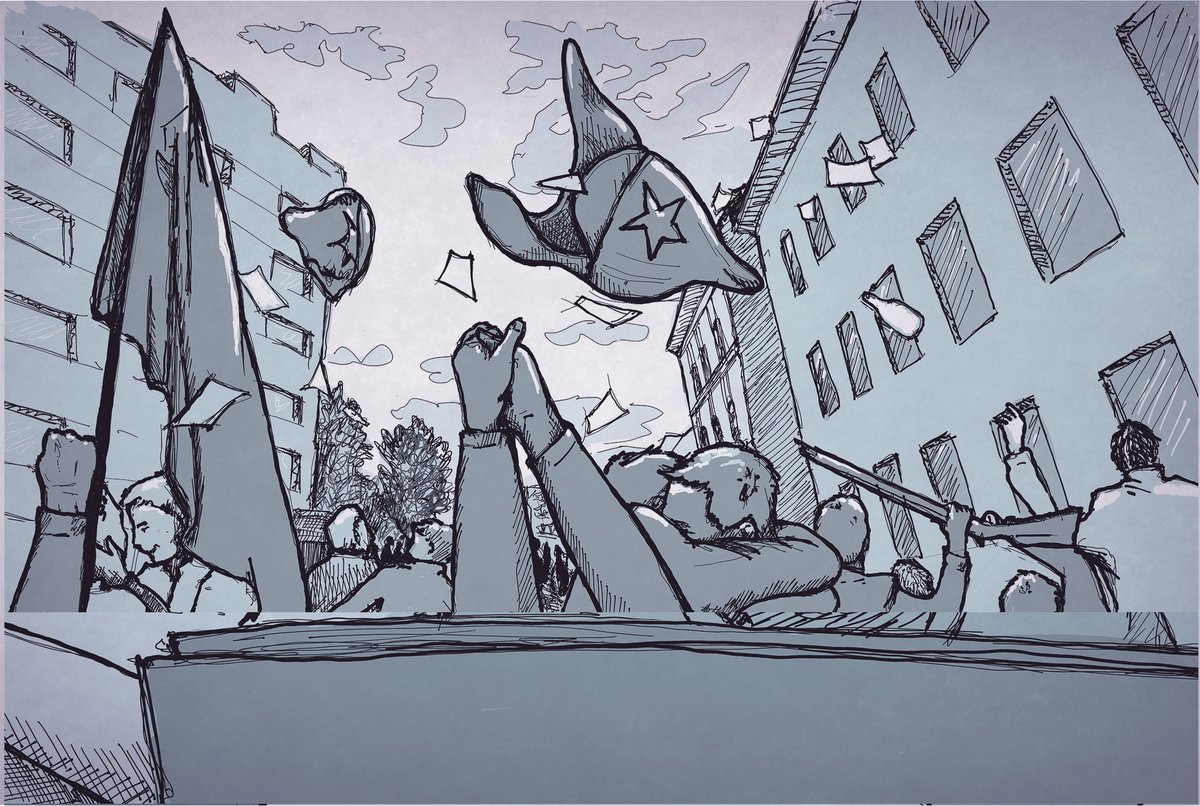
In 1917, the Russian Revolution begins. The Tsarist Empire collapses and the Russian Communists – the Bolsheviks – seize power. Until 1920, a bloody civil war rages between the Red Army of the Bolsheviks and the counter-revolutionary White Army. Young Pavel Kovela joins the Red Army. Following the victory of the Red Army, the communist state – the Soviet Union – is founded in 1922.
That year, Pavel Kovela moves to Ukraine to live with his brother. After various jobs and military training, he carves out a career in the Red Army. He meets Lidiya Litvinova and they marry in April 1930. They have a daughter, Emma, and a son, Yuri.
After the beginning of the Second World War, the Kovela family moves from Kyiv to Western Ukraine, where Pavel is serving in the Red Army. In June 1941, Nazi Germany invades the Soviet Union. Kovela becomes a German prisoner of war (POW) in September 1941. In October 1942, he sends the family a postcard from a prisoner-of-war camp in Hammelburg in northern Bavaria. But after this, his despairing family hear nothing for almost 20 years.
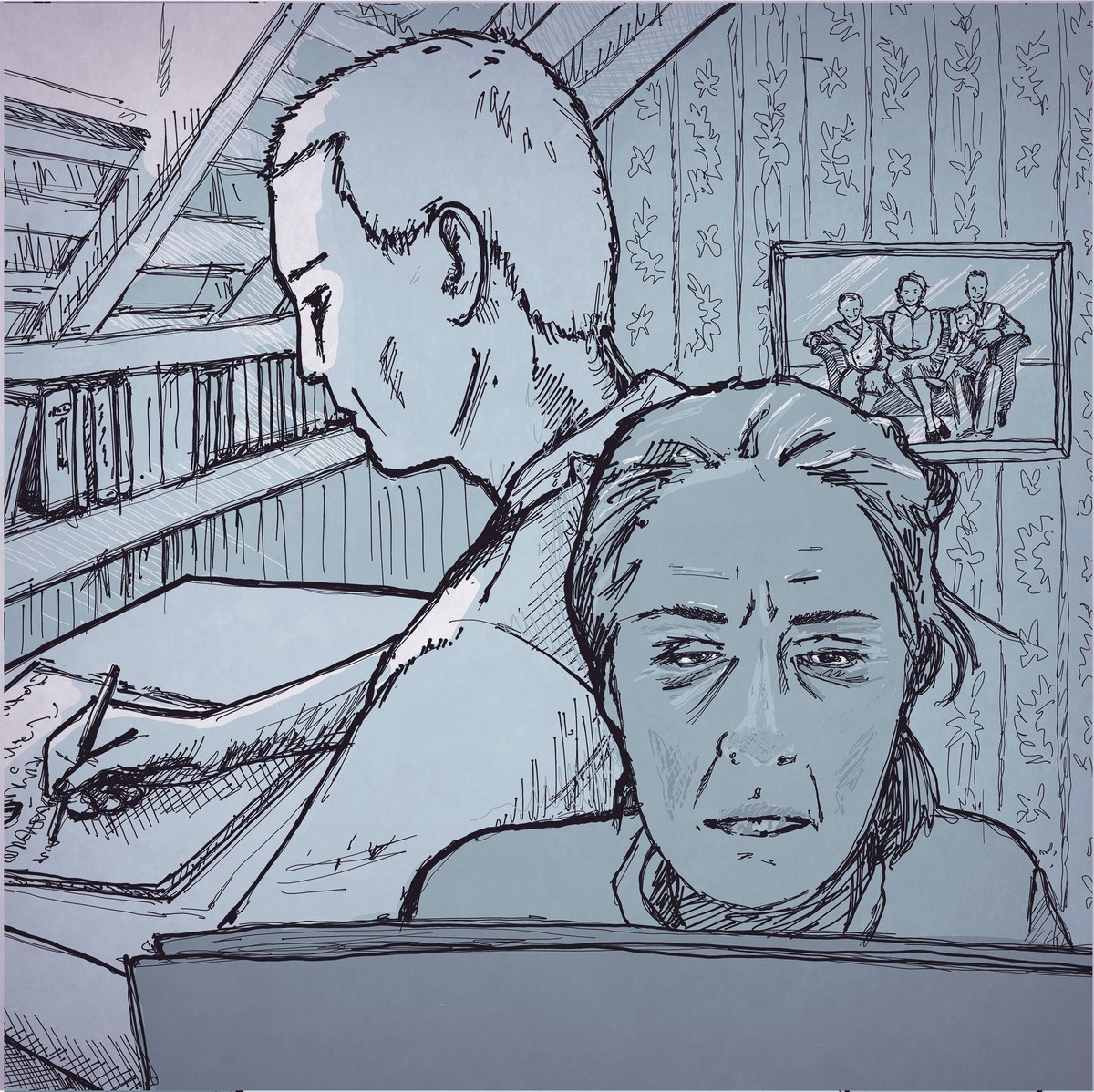
In 1959, Kovela’s wife receives a letter from a friend of Pavel. She opens it excitedly and reads that Pavel was in the Mauthausen concentration camp in May 1945. ‘My friend Pavel Kovela became seriously ill two or three days after the liberation. His stomach could not take any food. With the help of my comrades, I took him by cart to the American hospital. I didn’t see him after that, and I couldn’t find out anything about him.’
His trail goes cold again until 2013, when the family learns what was written in his POW file: after spending time in several POW camps, Kovela arrives in a camp for officers in Hammelburg in August 1942. He stays there for almost two years. He is taken to a military hospital for prisoners of war in Ebelsbach near Bamberg. A resistance group forms at the hospital. They organise escapes, carry out sabotage in arms factories, and prevent Soviet prisoners of war from collaborating with the Nazis. But this resistance group is uncovered. In the summer of 1944, Pavel Kovela is transferred to the Mauthausen concentration camp along with hundreds of other Soviet prisoners of war. His prisoner number is 79813.
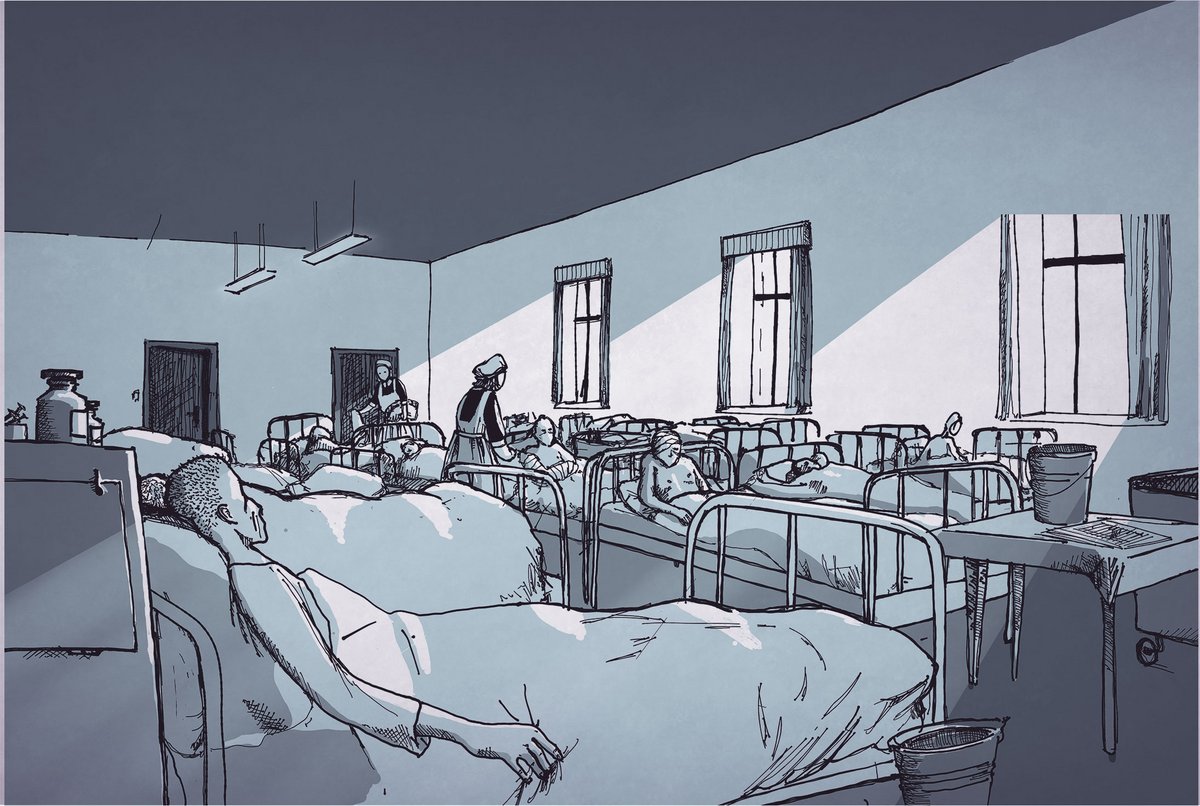
A few weeks later, he is transferred to the subcamp Peggau in Styria, where he has to do hard labour digging underground tunnels for the arms industry. He has almost run out of strength when the SS evacuates the camp at the beginning of April 1945. Sick prisoners are shot dead. The others, including Kovela, are transported back to Mauthausen. Pavel Kovela probably dies in an American military hospital shortly after the Mauthausen concentration camp is liberated in May 1945. There is no document that proves his death.
But two objects tell of what happened to Pavel Kovela: his friend Kurban Makhtiyev made a metal cup with the letters ‘MK’ engraved on it while he was a prisoner of war. Before he died in Peggau, he gave the cup to Kovela. Kovela then passed it on to a friend before he died. The family of this friend still has the cup today. And before he died, Pavel Kovela gave a spoon with his name on it to another friend, whose family also still has it to this day.
It is a grey day in Mauthausen on 7 May 2022. As she follows in the footsteps of her grandfather, Olga Kovela thinks of the resolution that was made after the Second World War: “Never again!” She thinks that people have still learned too little: In February 2022, Russia’s war of aggression against Ukraine began. Her sister lives with her family in Russia. Two parts of the same family ended up on different sides in this war, and there are many such families. Olga Kovela thinks this is a testament to how insane and inhuman war is and how muddled people’s fates can be.
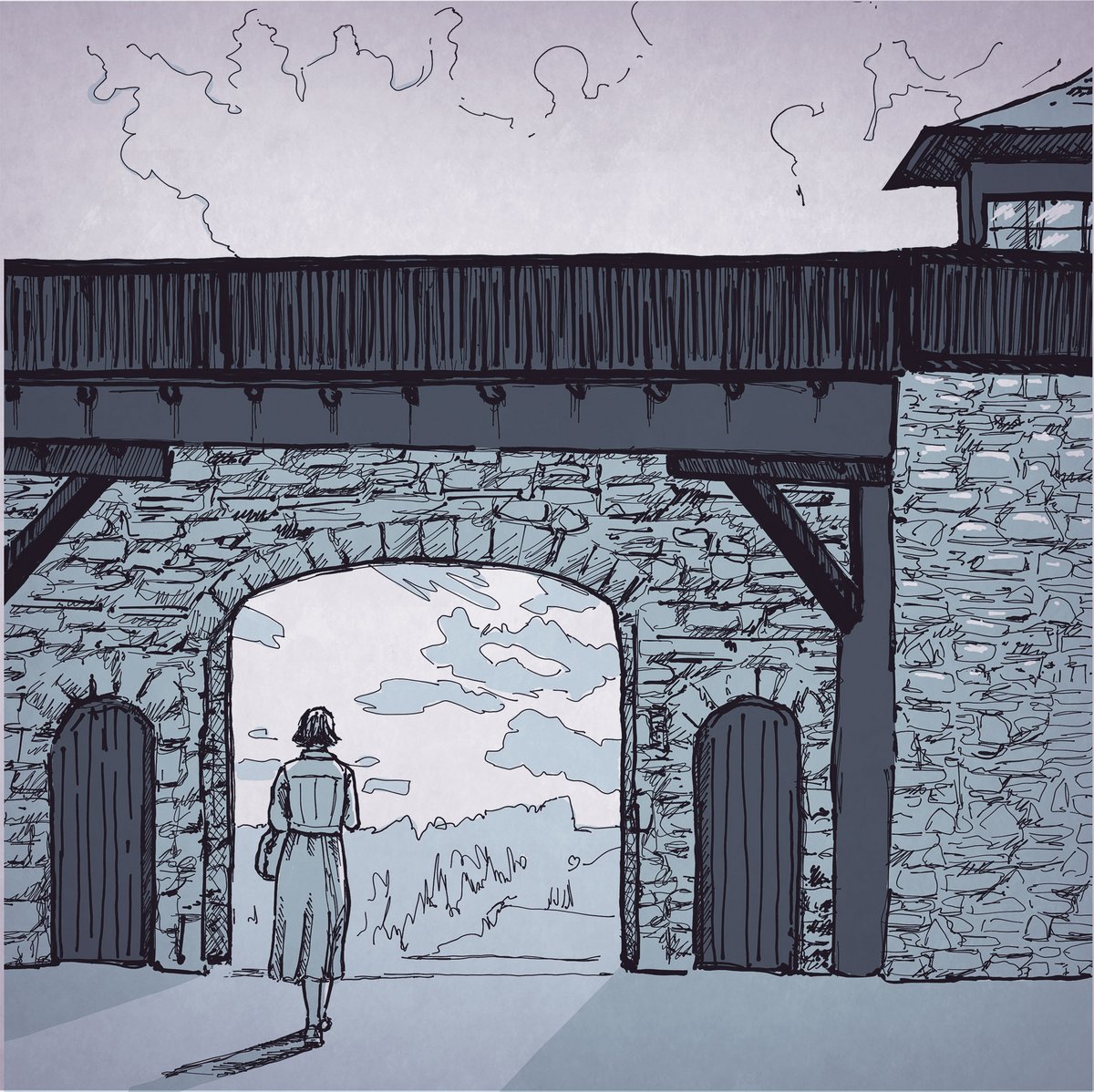
- 1902 Pavel Kovela is born in Tsarist Russia
- 1914 28 July – Start of the First World War
- 1917 The Russian Revolution begins
- 1920 Victory of the Red Army in the Russian Civil War
- 1922 The Soviet Union is founded
- From 1922 Kovela lives in Ukraine, and is employed in the Red Army
- 1933 30 January – Adolf Hitler becomes Reich Chancellor in Germany
- 1938 12 March – ‘Anschluss’ (‘Annexation’) of Austria to Nazi Germany
- 1938 8 August – Construction begins on the Mauthausen concentration camp
- 1939 1 September – Start of the Second World War
- 1941 22 June – The German Wehrmacht invades the Soviet Union
- 1941 Pavel Kovela becomes a German prisoner of war
- 1944 July – After associating with a Soviet resistance group, Kovela is sent to the Mauthausen concentration camp
- 1944 August – He is transferred to the Peggau subcamp
- 1945 April – He is transported back to Mauthausen
- 1945 5 May – The Mauthausen concentration camp is liberated by the US Army
- 1945 8 May – Nazi Germany surrenders; end of the Second World War in Europe
- 1945 Pavel Kovela dies after the liberation of the Mauthausen concentration camp
- 2022 His granddaughter Olga Kovela visits the Mauthausen Memorial
Further reflection in groups...
Pavel Kovela writes a postcard to his family in 1942. Think about what this postcard means to his family.
Why do you think prisoners in concentration camps who are friends give each other personal items, such as a cup or a spoon?
Pavel Kovela is made to do forced labour as a prisoner in the Peggau subcamp. Research on the internet what the working and living conditions were like for the prisoners in the camp.
At the Mauthausen Memorial, there is a ‘Room of Names’. The names of almost 85,000 people who died in the concentration camp are recorded in the room. They do not have individual graves. Search for the name Pavel Kovela in the ‘Room of Names’.